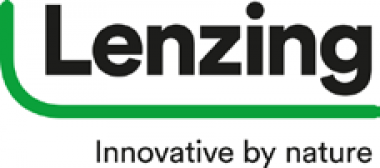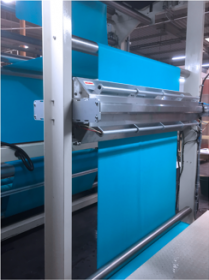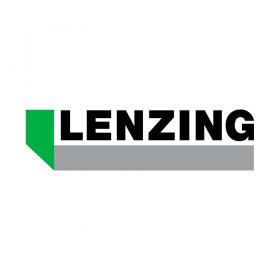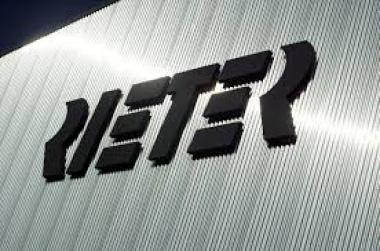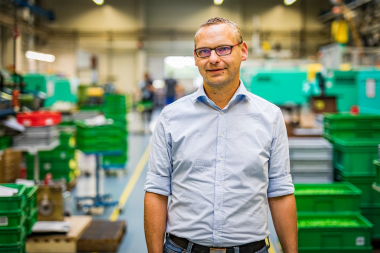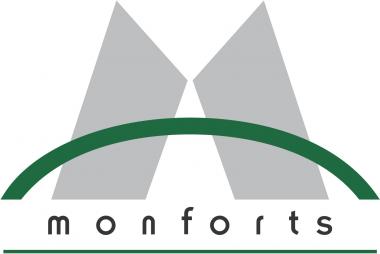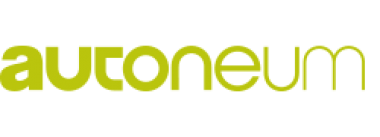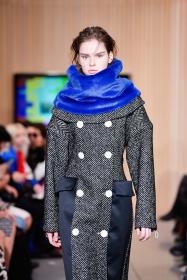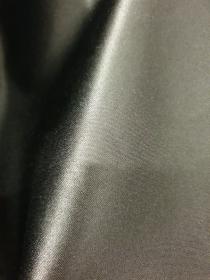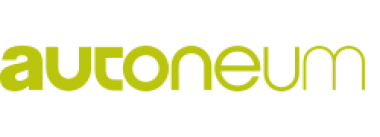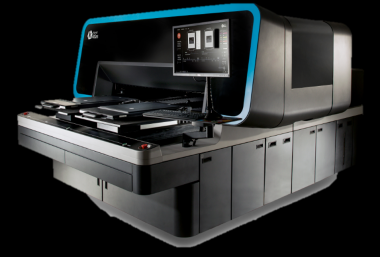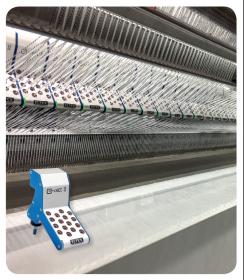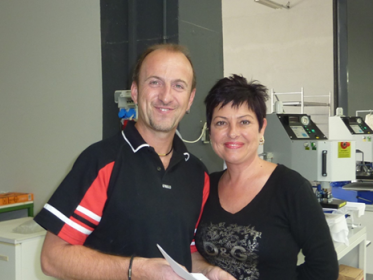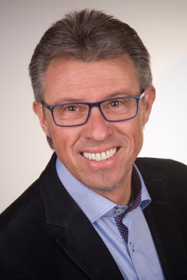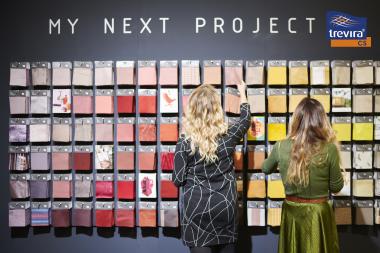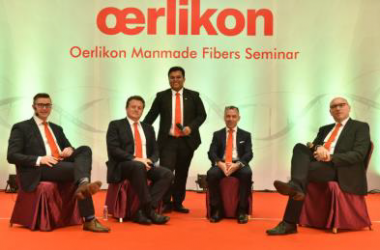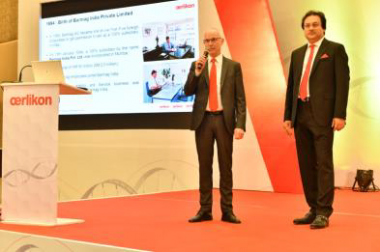Lenzing solid in a historically difficult market environment
- Historically difficult market environment – trade tensions put textile value chain under pressure in 2019
- Prices for standard viscose at a historic low
- Positive development of the specialty fiber business with a revenue share of already 51.6 percent
- Strategic investment projects are progressing according to plan
- sCore TEN targets for 2024 defined – EBITDA of EUR 800 mn
Despite a generally difficult demand environment for textile fibers and a drastic drop in prices for standard viscose, the Lenzing Group recorded a solid business development in 2019. The disciplined implementation of the sCore TEN corporate strategy and the accompanying focus on specialty fibers once again helped to mitigate the effect of unprecedentedly low standard viscose prices.
As a result, revenue dropped by 3.3 percent from EUR 2.18 bn to EUR 2.11 bn in 2019, driven by lower selling prices as well as standard fiber volumes. Due to positive mix effects and more resilient specialty fiber prices, the share of specialty fibers increased from 45.5 percent to 51.6 percent of revenue.
The earnings development was largely influenced by the decline in revenue, but also by negative currency effects on material and personnel costs. EBITDA (earnings before interest, tax, depreciation and amortization) fell by 14.4 percent from EUR 382 mn to EUR 326.9 mn. The EBITDA margin declined from 17.6 percent to 15.5 percent. Net profit, at EUR 114.9 mn, was 22.4 percent lower than in the previous year at EUR 148.2 mn. Earnings per share amounted to EUR 4.63 (2018: EUR 5.61).
Corporate Communications, Lenzing AG


